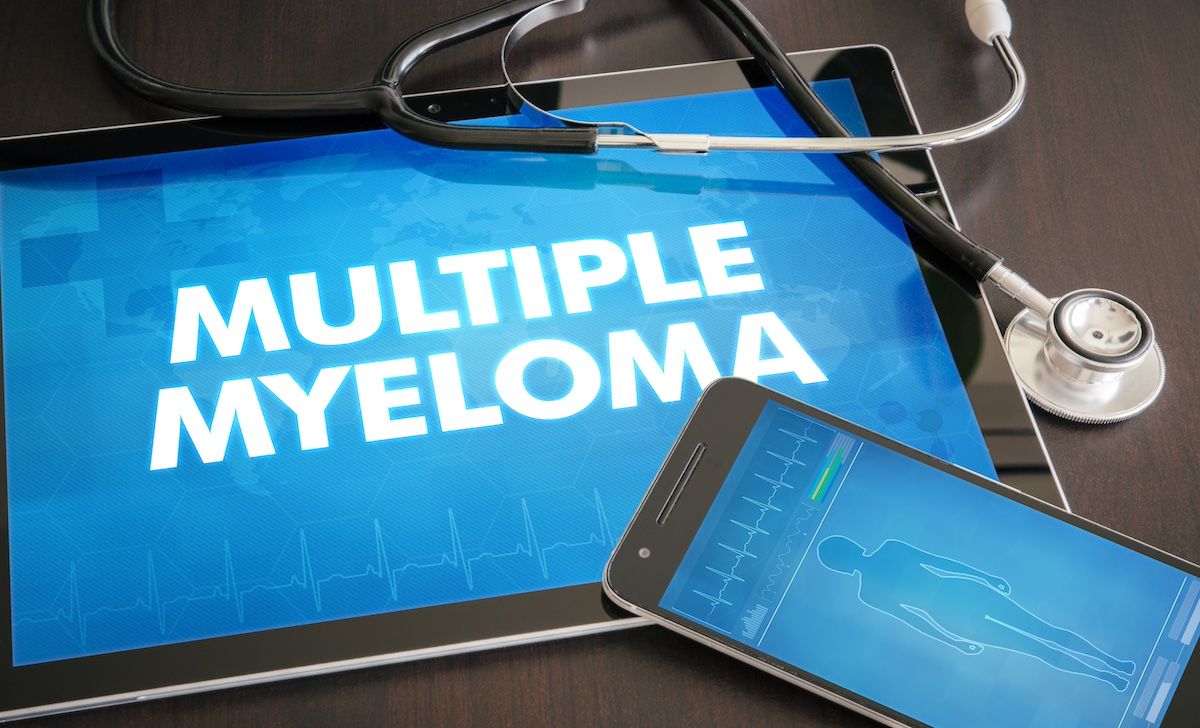News
Article
As New Immunotherapy Resistance Definitions Take Shape, Adoption Challenges Remain
Author(s):
Committees have worked for the past 4 years to develop uniform definitions of immunotherapy resistance, but they are not yet universally used.
The future of cancer immunotherapy will largely be shaped by investigators’ ability to solve the problem of treatment resistance—but doing so requires something that has thus far remained elusive: universally accepted definitions of resistance.
In a new commentary in Journal for ImmunoTherapy of Cancer, investigators outlined the efforts of the Society for Immunotherapy of Cancer (SITC) to harmonize definitions of resistance to immune checkpoint inhibitors (ICIs), as well as the hurdles that remain in their way.
Although ICIs have dramatically changed cancer care, most patients either do not respond to immunotherapy or develop resistance after an initial response, said the authors.
“Moreover, biomarkers that predict benefit from immunotherapy are suboptimal, and there is a great need to develop optimized approaches for prescribing immunotherapy,” they wrote.
However, those approaches will likely require better classification of patients with resistance to see whether patients with similarly resistant disease respond differently from other subgroups.
In 2019, SITC held a workshop to spearhead the creation of definitions of resistance to single-agent ICIs. They published their consensus definitions the following year. In 2021, a similar effort was launched to look at resistance to immunotherapy combinations with a backbone of programmed death-ligand 1 (PD-L1)/programmed cell death protein 1 (PD-1) inhibitors. Their consensus findings were published earlier this year.
The publications have led to important progress, the authors said. Definitions have been used to retrospectively analyze patients, helping investigators identify important differences in outcomes between patients with primary and secondary resistance. The new definitions have also been incorporated into new clinical trial protocols, which may make it easier for drug developers to better understand which patients are most likely to respond to therapies, and why. In addition, translational immunotherapy studies are using the definitions to help identify potential biomarkers of response to therapy.
Yet, while the commentary’s authors said the current definitions are “an excellent starting point,” they said significant challenges remain. One problem is simply a lack of awareness.
“We propose live programming detailing the importance of these definitions and allowing for a dialog on how best to implement them,” they said. “Such programming should include discussion on key scientific questions, including whether distinct immunotherapies require unique definitions of resistance or if certain diseases require modified definitions.”
The second challenge, they said, is the need to better correlate their definitions to patient-level outcomes.
“Unfortunately, there remains a paucity of randomized studies in the second-line setting that can take advantage of the generated definitions and stratify accordingly,” they said.
Lastly, the authors said they need more help from stakeholders like the FDA to pressure drug developers and clinical investigators into using the new definitions. They said part of the work will be determining how the definitions correlate with commonly accepted trial end points like overall survival, progression-free survival, and overall response rate.
In addition, the authors said their goal of developing better biomarkers leveraging the definitions would be aided by better data-sharing between stakeholders. They noted that the SITC’s Biomarkers Committee has outlined challenges to data-sharing, but they said those problems can be overcome by setting realistic goals and shifting the culture around data-sharing.
“Engaging with key stakeholders using the recommendations from the SITC Biomarkers Committee in concert with SITC resistance definitions may help in gaining access to data supporting both efforts, which is drastically needed for future IO [immuno-oncology] drug development,” they said.
Reference
Kluger HM, Tawbi H, Feltquate D, et al. Society for Immunotherapy of Cancer (SITC) checkpoint inhibitor resistance definitions: efforts to harmonize terminology and accelerate immuno-oncology drug development. J Immunother Cancer. 2023;11(7):e007309. doi:10.1136/jitc-2023-007309
Newsletter
Stay ahead of policy, cost, and value—subscribe to AJMC for expert insights at the intersection of clinical care and health economics.




